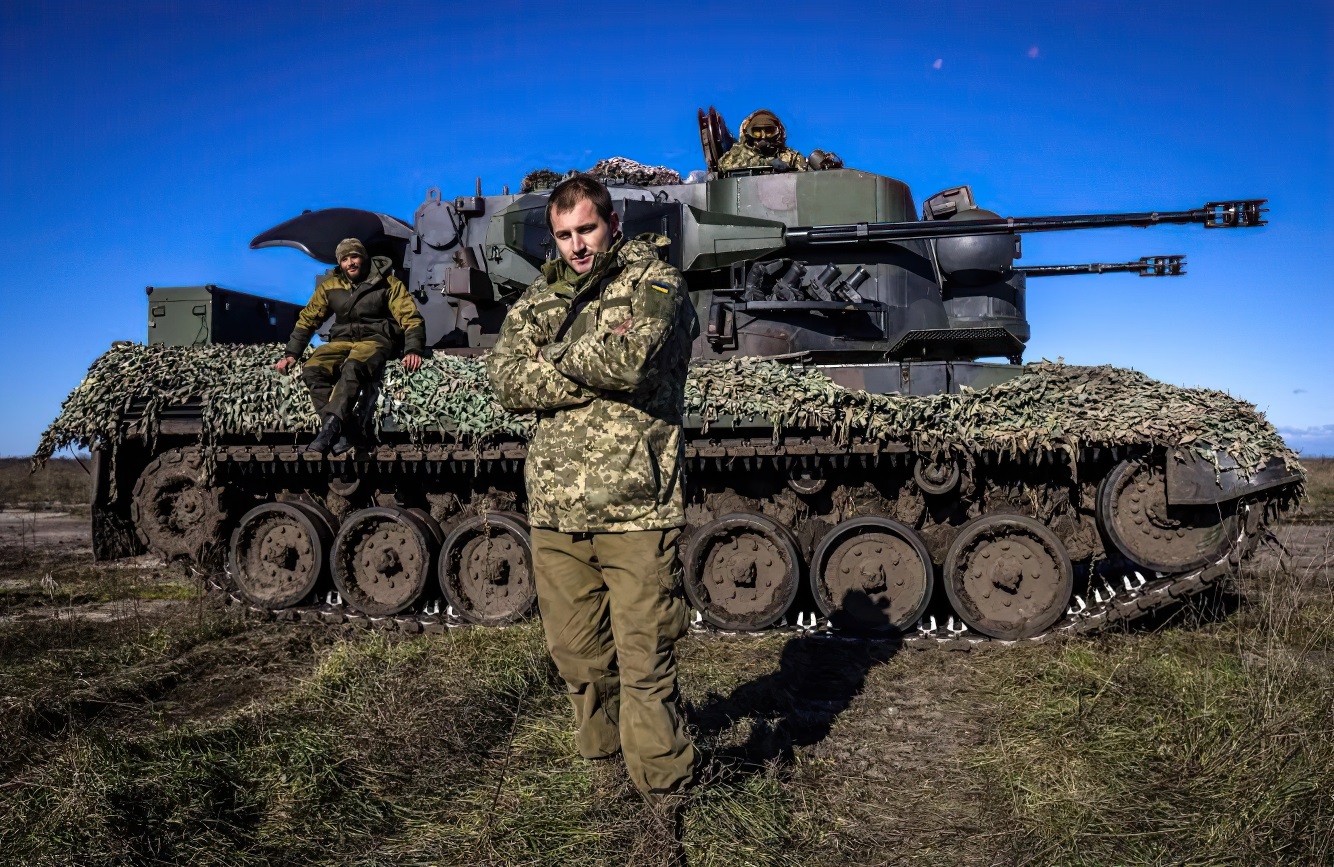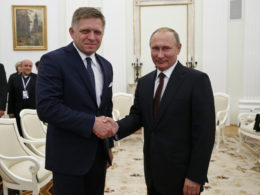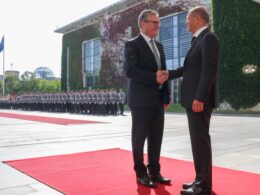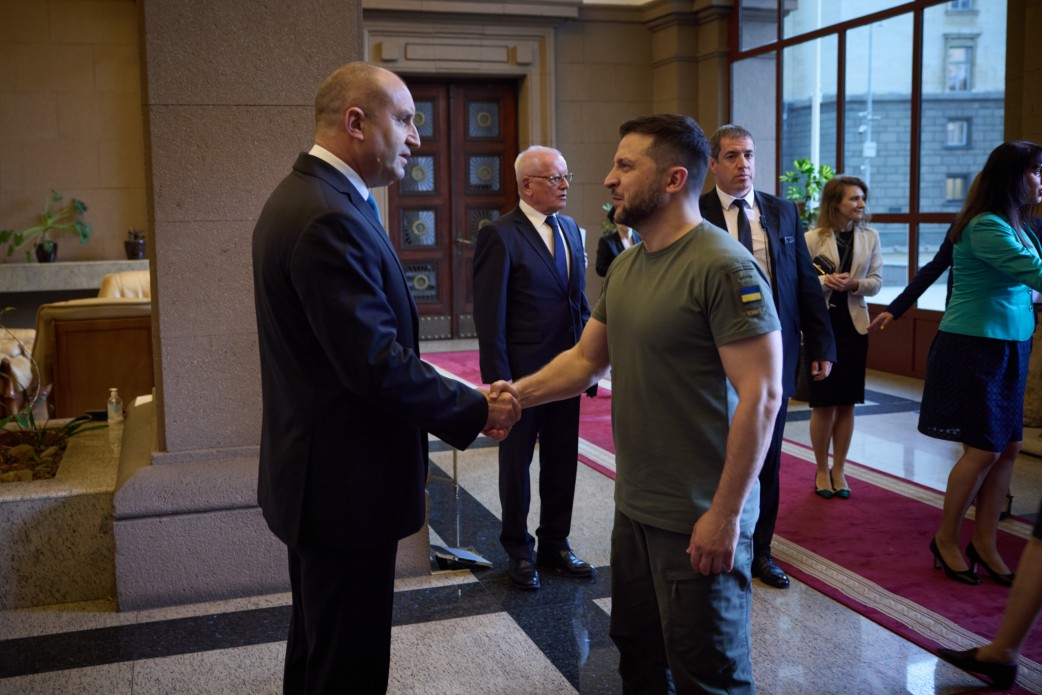According to an August 17 report by the Frankfurter Allgemeine Sonntagszeitung (FAS), Germany has suspended new military aid to Ukraine due to budget constraints. The newspaper cites documents, emails, and conversations with officials in several federal government departments and parliament as sources for this information.
The FAS says that German Chancellor Olaf Scholz requested this decision, which was communicated by Finance Minister Christian Lindner to Defense Minister Boris Pistorius in a letter dated 5 August. According to the sources, while already approved materials will continue to be delivered in most cases, additional applications from the Ministry of Defense for military aid to Ukraine will no longer be approved.
The decision reportedly stems from austerity measures implemented by the Chancellery and the Ministry of Finance. The FAS suggests that Ukraine's situation may worsen further, as sources indicate planned military support is set to be cut almost in half next year and reduced to less than a tenth of the current amount by 2027.
However, the newspaper notes that the Ministry of Finance presents a different perspective. Lindner's letter, which the FAS claims to have in its possession, suggests that he does not anticipate a sudden reduction in funds for Ukraine. Instead, he reportedly expects future funding to come from the frozen assets of the Russian central bank, rather than the federal budget.
The decision has reportedly led to a "real debate" within the federal government, according to several sources cited by the FAS. While the Chancellery supports suspending the funding, the Ministries of Defense, Foreign Affairs, and Economy reportedly disagree.
Related:
- Ukraine to receive 30 Leopard 1A5 tanks in 2024, says German general
- Germany suspects Ukrainian diving instructor in Russia’s Nord Stream pipelines blast
- Germany plans to halve Ukraine aid in 2025, Reuters reports
- Germany must be prepared for war within five years, warns naval commander
- Ukraine has full right to use German weapons in Russia, says head of Bundestag’s Defense Committee





